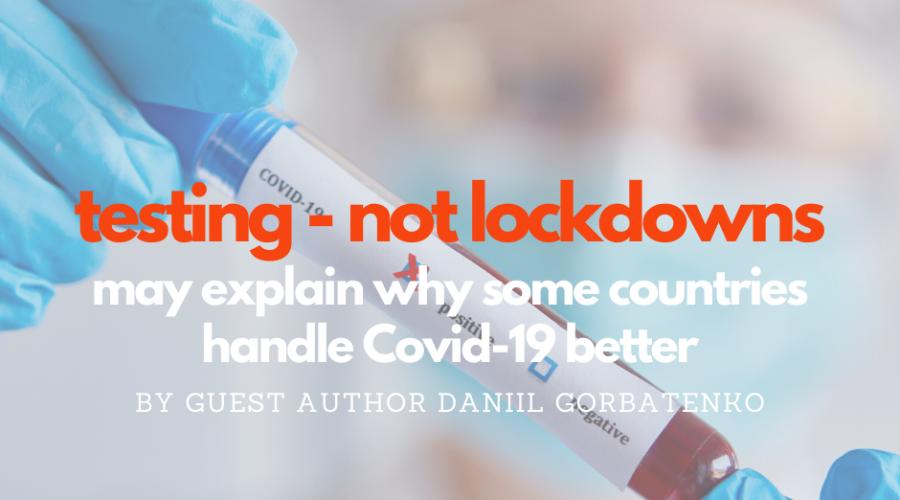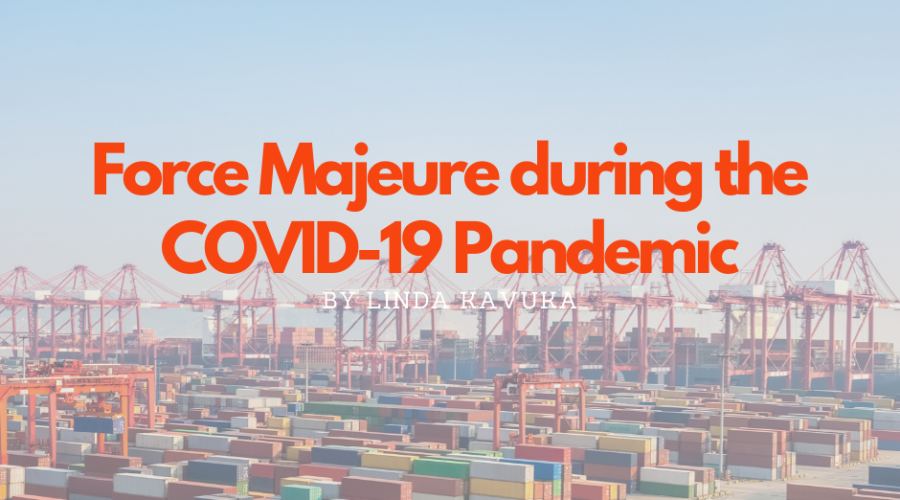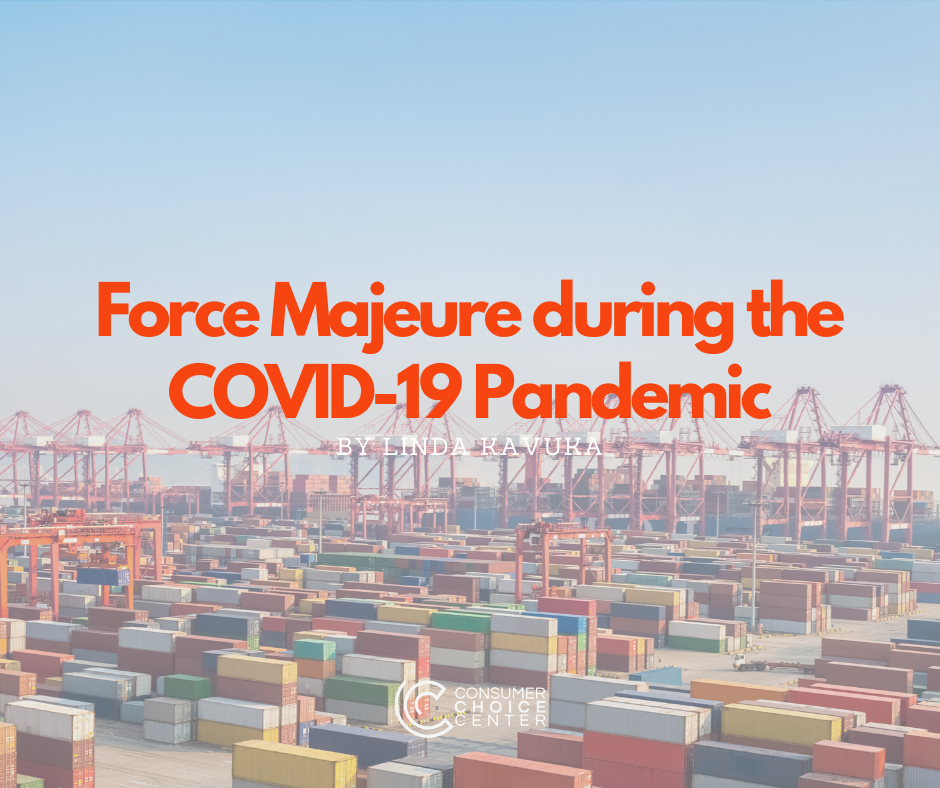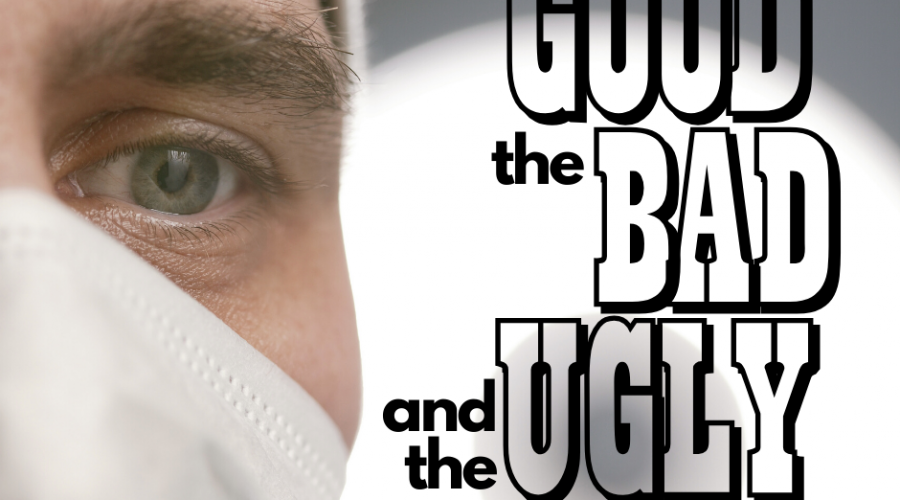Coronavirus: la fièvre monte autour de l’Organisation mondiale de la santé et elle est politique
Non sans arrière-pensées électorales, Donald Trump rejoint la cohorte des détracteurs de l’OMS et de sa gestion de la crise
Alors que près de 1,5 million de personnes dans le monde ont été infectées à ce jour par le coronavirus et que plus de 83 000 en sont mortes, selon les données recueillies par la Johns Hopkins University à la date de mercredi, la fièvre monte dangereusement autour de l’Organisation mondiale de la santé (OMS), l’agence des Nations unies pour la santé publique créée en 1948.
S’ajoutant aux critiques émises par beaucoup au sujet du temps perdu au début de la crise pour tirer la sonnette d’alarme, Donald Trump est monté au créneau, mardi, en reprochant à l’OMS de s’être focalisée sur la Chine et d’avoir formulé de mauvais conseils au sujet de l’épidémie. Avant de faire machine arrière, l’hôte de la Maison Blanche, dont les arrière-pensées sont surtout politiques, a menacé de suspendre la contribution américaine à l’organisation.
Ce serait plus qu’un coup dur alors que les Etats-Unis sont les plus gros contributeurs au budget de l’agence –4,8 milliards de dollars pour 2020-2021 entre contributions et dons volontaires et environ 1 milliard de dollars lors de l’exercice 2016-2017, soit un tiers de l’enveloppe totale. Suivent la Fondation Bill et Melinda Gates, le fondateur de Microsoft, avec quelque 600 millions de dollars ; le Royaume-Uni (près de 400 millions) ; Gavi, l’alliance du vaccin (250 millions) ; le Japon (250 millions) et l’Allemagne (200 millions).
La Chine n’arrive qu’au quatorzième rang des donateurs avec 100 millions de dollars, à quasi-égalité avec la France
Susceptibilité. Dans ce tableau, la Chine n’arrive qu’au quatorzième rang des donateurs avec 100 millions de dollars, à quasi-égalité avec la France. Or, l’OMS, aujourd’hui dirigée par l’Ethiopien Tedros Adhanom Ghebreyesus, est très clairement accusée d’être sous l’influence de Pékin qui avait réussi à placer l’une des siennes à sa tête entre 2006 et 2017, en la personne de Margaret Chan.
Tôt ou tard, l’organisation devra expliquer pourquoi elle a tant tardé à reconnaître le virus – apparu officiellement au début de l’année à Wuhan – comme étant transmissible à l’homme et à déclarer l’état de pandémie mondiale – ce qu’elle a finalement fait le 11 mars – si ce n’est, comme accusent les détracteurs de son directeur général, pour ménager la susceptibilité des autorités chinoises. Depuis, sa gestion de la crise et ses recommandations sont loin de faire l’unanimité dans le monde. « Est-il raisonnable de continuer à exclure Taïwan de l’OMS ? » s’interrogeait notamment, début mars, dans les colonnes de l’Opinion, le représentant de Taïpei à Paris, en faisant valoir que l’île (379 cas, 5 morts à ce jour) avait réussi à juguler l’épidémie.
« Il y a un clair besoin de redessiner la mission et la structure de l’Organisation. Aujourd’hui, elle est loin d’être réactive. Elle devrait mener la bataille pas la suivre » commente pour l’Opinion Peter J. Pitts, consultant de la Food and Drug Administration (FDA), l’autorité américaine en matière de médicaments.
« C’est vrai que c’est un organisme international et qu’il ne peut susciter entièrement un consensus. L’OMS doit avoir la capacité et le désir de mener les choses en période de crise. La pandémie actuelle montre qu’elle n’a ni le talent, ni la volonté pour le faire » ajoute l’ancien numéro deux de la FDA, en se démarquant toutefois des récentes critiques de l’hôte de la Maison Blanche. « Le Président Trump cherche quelqu’un à blâmer. Mes commentaires sont un appel à reconnaître et à résoudre le problème. Comme on dit en anglais “Don’t fix the blame. Fix the problem”, c’est-à-dire ne jetons pas l’opprobe, réglons le problème. »
Outre le fait qu’il n’a pas dû apprécier les critiques de Tedros Adhanom Ghebreyesus sur sa décision de suspendre les liaisons aériennes avec la Chine, en mars dernier, l’hôte de la Maison Blanche ne fait qu’ajouter l’OMS à la liste des coupables à présenter aux Américains à l’approche de l’élection présidentielle du 3 novembre. Pékin y figure déjà en bonne place et si Donald Trump ne parle plus du « virus chinois » comme il le faisait encore il y a peu pour parler du Covid-19, ses amis du parti républicain ne manquent pas d’incriminer Pékin au Congrès et sur les ondes pour la crise sanitaire et économique que traversent actuellement les Etats-Unis.
« L’OMS et son directeur général Tedros Adhanom Ghebreyesus ont fait copain-copain avec le parti communiste chinois depuis le début de l’épidémie »
« Perroquet ». Présenté comme une organisation de consommateurs proche de la droite dure américaine et des fabricants de tabac, le Consumer Choice Center n’a pas manqué d’embrayer sur les récents propos du Président américain. « Pendant des années, l’OMS a usé de son pouvoir et de ses moyens d’une manière mal avisée contre le vapotage et l’obésité tout en négligeant ce qui devrait être sa priorité : répondre aux crises sanitaires mondiales et aux épidémies (…). On a vu durant l’épidémie Ebola en Afrique de l’Ouest en 2013-2014 qu’elle a été trop lente à réagir et inefficace en matière de politique sanitaire, et on le voit en temps réel avec le Covid-19, dénonçait, mercredi, dans un communiqué Yaël Ossowski, son directeur adjoint. L’OMS et son directeur général Tedros Adhanom Ghebreyesus ont fait copain-copain avec le parti communiste chinois depuis le début de l’épidémie. Le 19 janvier, ils ont même répété comme un perroquet la version du PCC selon laquelle la transmission du virus de l’homme à l’homme était improbable. Maintenant, il est temps d’envoyer un clair signal pour que l’OMS devienne transparente et rende des comptes pour ses échecs. »
Même si le débat sera sans doute plus feutré, l’organisation qui emploie 8 200 personnes dans 150 pays du monde n’échappera sans doute pas à une remise en question de son organisation et de ses actions.
Originally published here.
The Consumer Choice Center is the consumer advocacy group supporting lifestyle freedom, innovation, privacy, science, and consumer choice. The main policy areas we focus on are digital, mobility, lifestyle & consumer goods, and health & science.
The CCC represents consumers in over 100 countries across the globe. We closely monitor regulatory trends in Ottawa, Washington, Brussels, Geneva and other hotspots of regulation and inform and activate consumers to fight for #ConsumerChoice. Learn more at consumerchoicecenter.org








